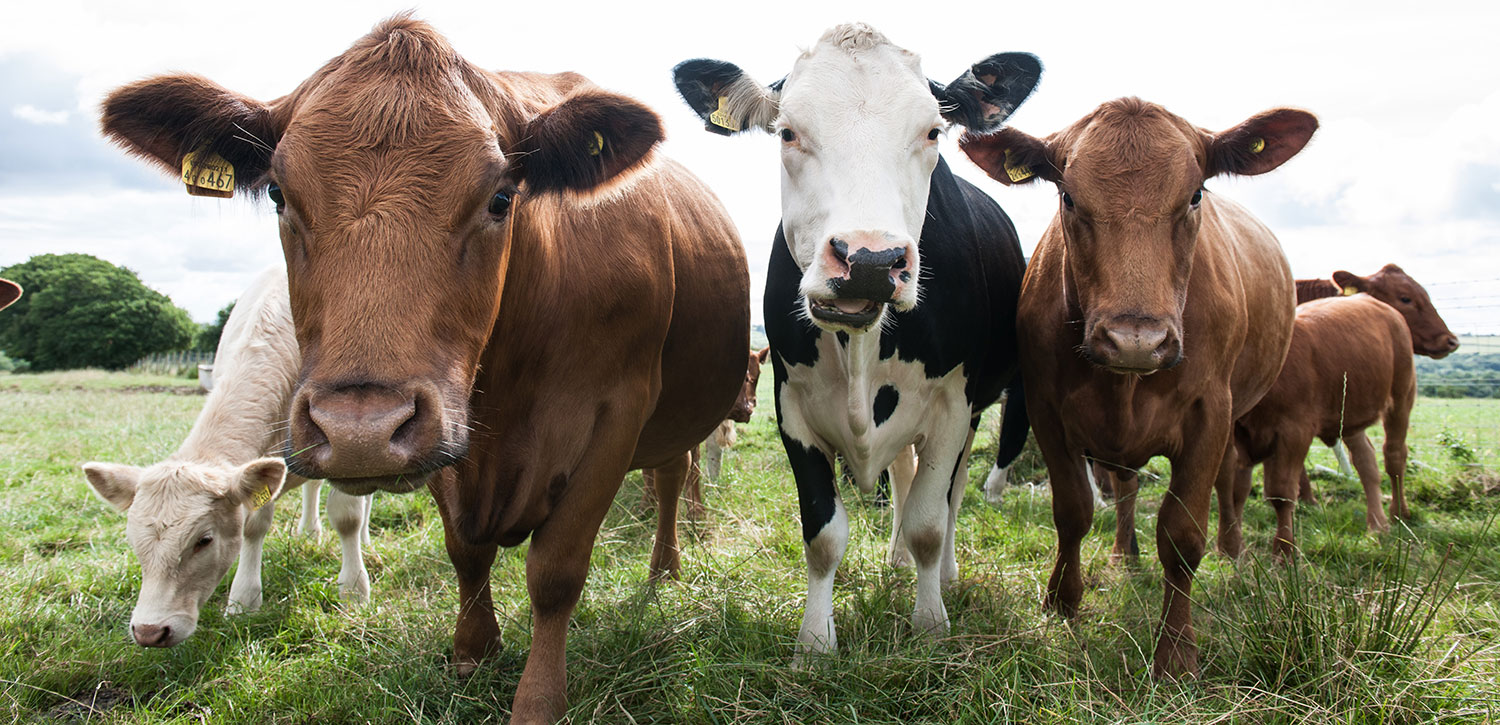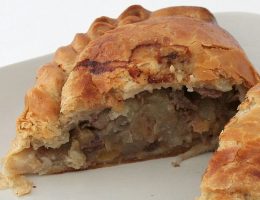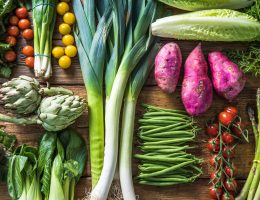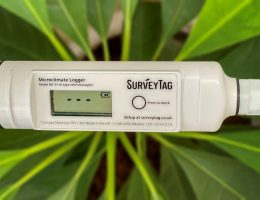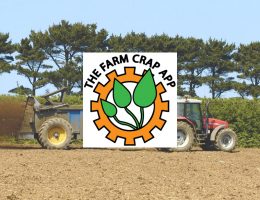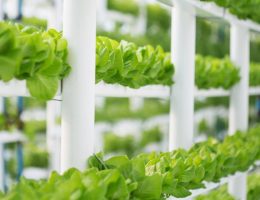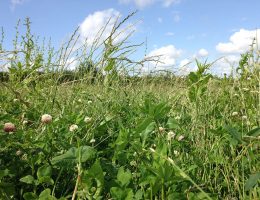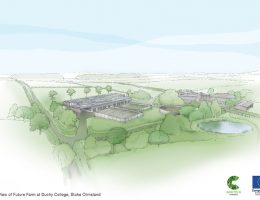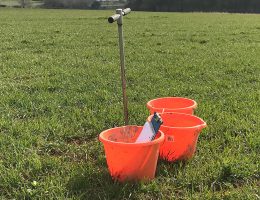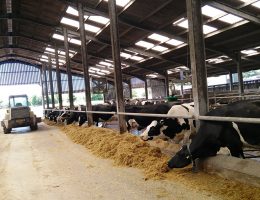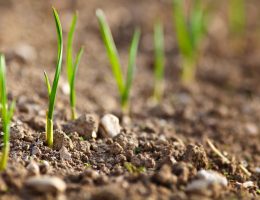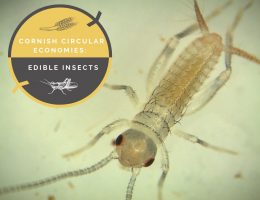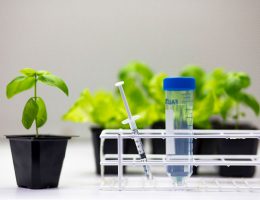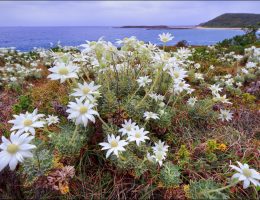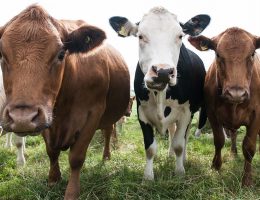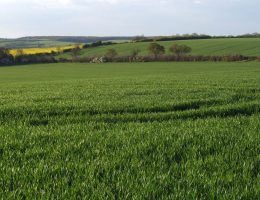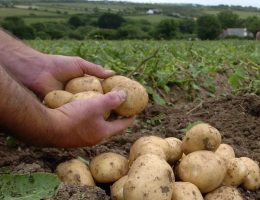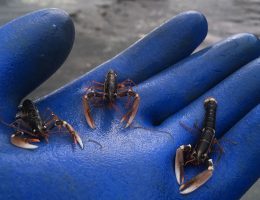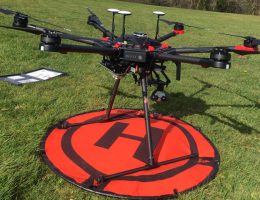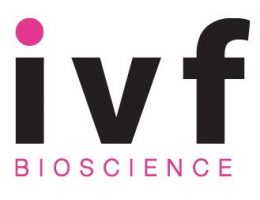Globally, the challenge to the livestock industry is to meetincreased demand for food while reducing net environmental impact. This is no less true in the UK where, post-Brexit, Government policy is focused on squaring the same circle of simultaneously increasing both production and environmental protection. This remains a broad aim,without recommendations as to how to achieve it, which only sharpens the focus on researching possible solutions.
This project could well represent a practical answer.
TechnoGrazing™ is a form of management-intensive cell grazing developed in New Zealand in 1986. It divides pastures into precisely defined lanes and ‘cells’, between which animals are moved every one to twodays. For this research, this model was compared with more traditional ‘set-stocking’, in whichgrazing areas are nearly twice the size and animals spend the whole season grazing them. It was already a matter of peer-reviewed record that TechnoGrazing™ can increase production significantly, and gross margin by over 100%. Reductions in net environmental impact, however, were only anecdotal, hence this project’s aim: to provide a model for sustainable intensification which can be implemented at individual farm level to secure the industry’s viability.
Soil emissions, soil water composition, soil health indicators, pasture productivity and nutritional composition, animal growth rate, meat quality and animal health and welfare were all evaluated and compared. During these three years, field days and workshops were carried out to discuss the experimentwith farmers.
Of course, this period coincided with several challenging factors. 2018’s Spring was late and wet, and there was drought from May to July, conditions which lowered the performance of both grazing programmes. Covid then effectively cancelled allmeetings, workshops and knowledge transfer events, as well as the possibility ofsite visits, in or out.
In spite of this, the project brought together science and industry to define a route for the sustainable intensification of grazing animals. Data and publications arising will help inform policy on the net environmental impact of grazing, especially vital given Brexit, the phasing out of direct payments, and aspirations to move towards‘net-zero’. It is hoped that the project’s initial three-year findings will be consolidated and strengthened, as will the collaborations it has fostered.
To find out more, please email us at sarah.morgan@rothamsted.ac.uk or call us on +44 (0) 1837 512 334.

